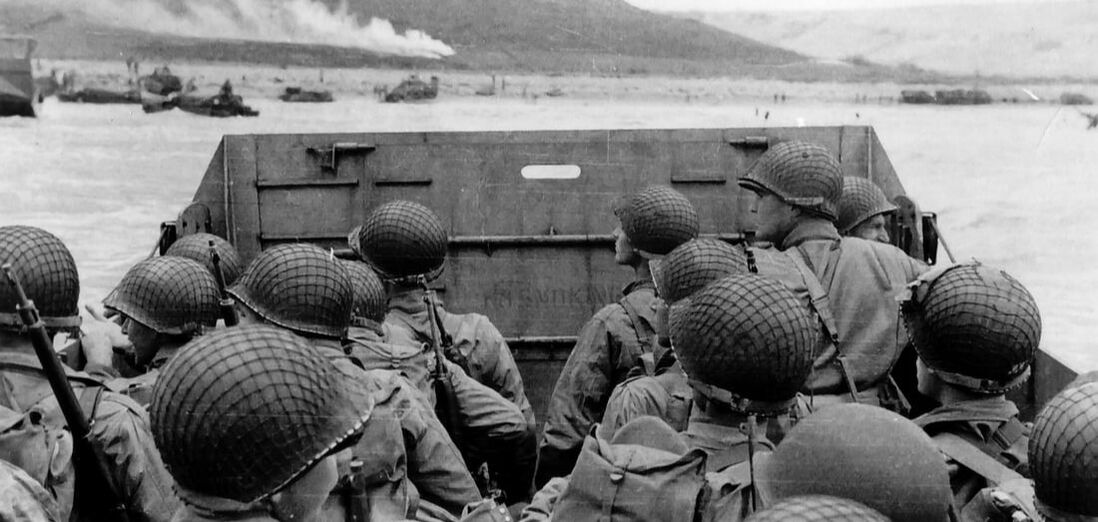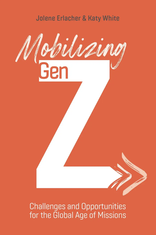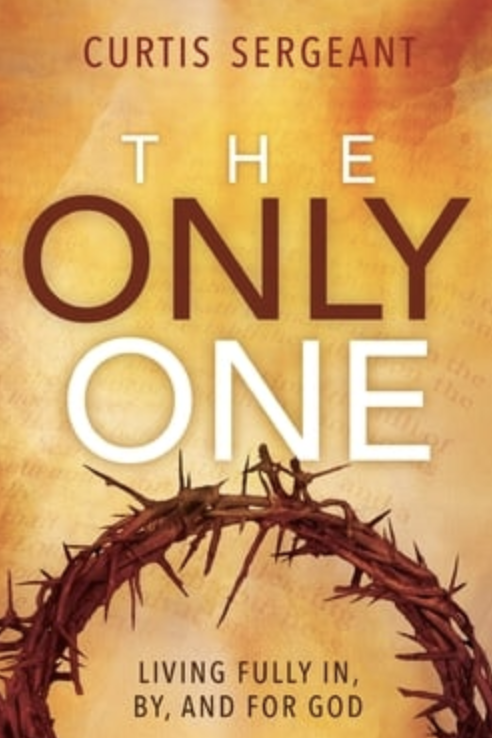|
It was a cold day in January of 1942. My then seventeen year old grandfather had cut class and walked down to the local draft office of his small Michigan town. With resolve and determination he walked in and requested to volunteer with the army. There was a war going on - the Pearl Harbor attack was still fresh in the minds of the country - and my grandfather wanted to do his part to end it. The gentleman behind the desk wisely sent my grandfather back to school with instructions to return after graduation in May. He did that and by early June had joined a mass of other young men at boot camp in Southern California. There he was trained as a soldier first and then as a radio operator, learning morse code and radio maintenance. He was part of the United States Army and the following fall would sail to Europe where he would be part of the liberation of France and the Buchenwald Concentration camp and of the ending of the war. My grandfather had taken his place in the story of World War 2. He had risked his life for a cause that was bigger than himself. He had joined millions of young men who felt that this war was worth any sacrifice. But it wasn’t just the young men who thought this war was worth any sacrifice. My grandmother was then sixteen, still in high school, still living at home. She and her family saw the need to sacrifice for the war effort as well. They spent their hard earned money to buy war bonds and they willingly accepted the rationing system on gasoline, coffee, sugar and other foods. She told of the day that her entire school skipped classes and drove throughout the county in large farm trucks to collect any scrap metal they could find. As they drove back into town after a hard days work, they came upon the owner of the bank. He was drenched in sweat, cutting his wrought iron fence down with a hack saw. There was a war going on and they were going to do their part to win it. Everyone had a part to play. Everyone had a sacrifice to make. Everyone had taken their place in the story. History looks back on that generation and remembers them as the greatest generation. They lived with a wartime mentality. They did not ask what they wanted or what made them happy. They simply asked what they could do to help win the war. I am forty six and my generation is often known as the “me” generation. For the most part my generation has focused on how we can be happy, on what brings us fulfillment, on how we can live the life that we want to live. World War 2 was a result of the brokenness of man and the tyranny of Satan. He is a thief who has come to lie, kill and destroy. Today there is a war going on that is cosmic in proportion and the consequences are eternal. Well over 5 billion people on earth, if asked, would say that they are not Christians. Their destination is an eternity separated from God in hell if something does not change. Over 2 billion in our world have never even had an opportunity to hear the gospel. Many of them are Muslims, trapped in a religious system that tells them that they have to earn their way to heaven. There is a war going on. It involves billions more souls than World War 2 and for all of them, eternity is at stake. There is a role for every follower of Christ in this story. Some will be soldiers on the front lines. Many more will stay home and do their part from there. But they will all be part of this greatest story. For Christians it is a question of legacies. Which legacy will we step into? Will we look at the redemptive story of scripture, at the Father’s heart and the brutal facts of lostness and decide that there is no sacrifice too great to be a part of that story? Will our legacy be like that of the greatest generation or of the me generation?
0 Comments
Your comment will be posted after it is approved.
Leave a Reply. |
The E2E Community
Categories
All
Good Books
Archives
April 2024
|
Proudly powered by Weebly






